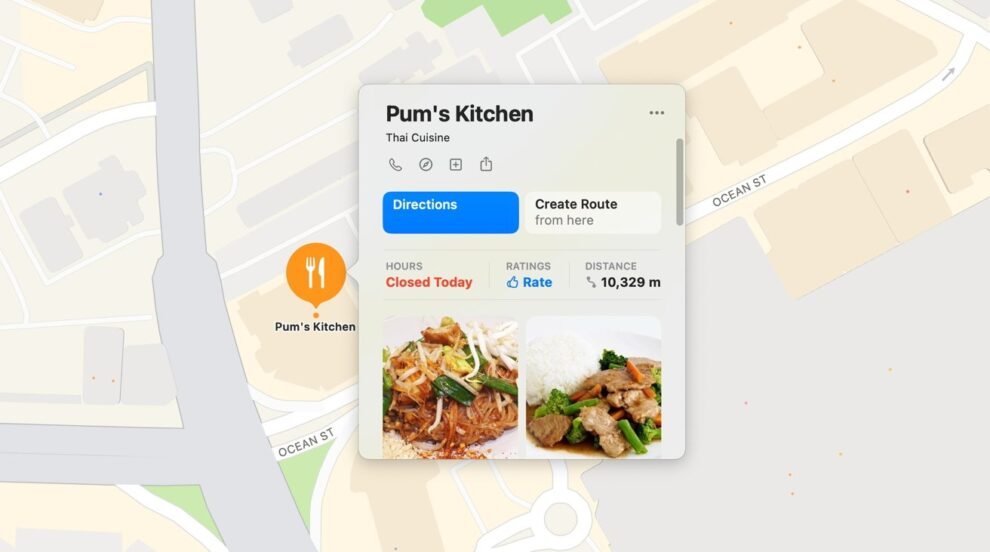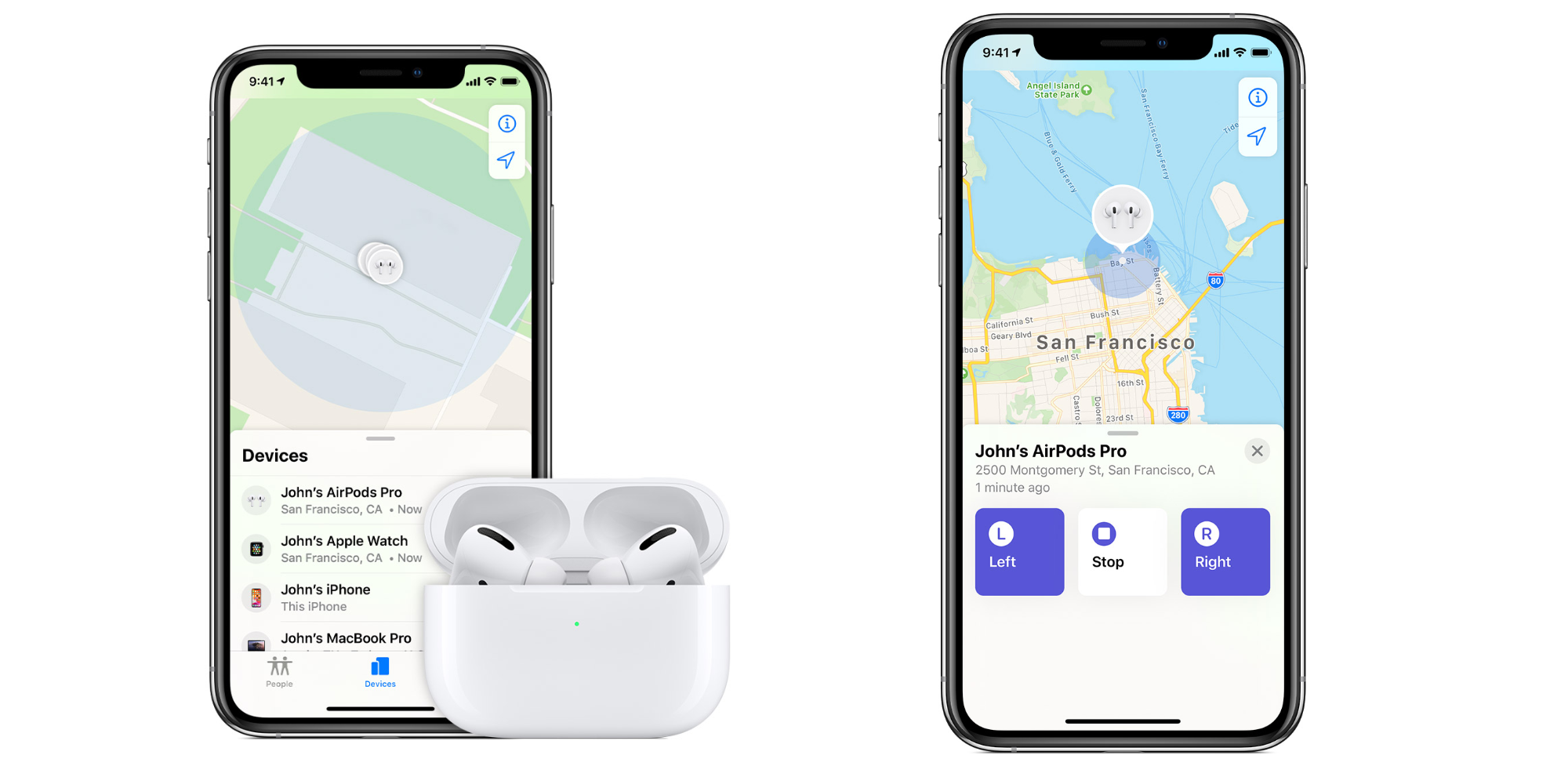Imagine arriving at your favorite restaurant, only to find it deserted and labeled “permanently closed” online. This unfortunate reality struck Pum’s Kitchen, a Thai restaurant in Queensland, Australia, thanks to an erroneous listing on Apple Maps. The mishap, which displayed the restaurant as “permanently closed” for several weeks, led to a substantial loss of business and frustration for the owner, Chris Pyatt.
Key Highlights:
- Thai restaurant Pum’s Kitchen in Queensland, Australia, mistakenly listed as “permanently closed” on Apple Maps.
- The error resulted in a significant drop in business, estimated at AU$12,000.
- Restaurant owner highlights difficulties faced due to not being an Apple user and lack of clear communication from Apple.
- The incident raises concerns about the impact of inaccurate online listings on small businesses.

Pyatt was alerted to the issue by a surprised regular customer who inquired about the restaurant’s closure. Upon checking Apple Maps, the shocking truth unfolded: their restaurant was indeed listed as permanently closed, complete with an incorrect location pin. This misinformation, readily available to millions of Apple users, had a tangible impact on Pum’s Kitchen’s business.
Despite the hardship, Pum’s Kitchen received an outpouring of support from the local community. Loyal customers rallied behind the restaurant, sharing their positive experiences and encouraging others to visit. This grassroots support helped mitigate the negative impact of the Apple Maps listing to some extent.
The incident also sparked concerns within the restaurant industry about the potential consequences of inaccurate online information. Industry bodies called for increased collaboration between map providers and businesses to ensure data accuracy and timely updates. Additionally, they emphasized the need for transparent and efficient communication channels to help businesses address issues like the one faced by Pum’s Kitchen.
“A significant downturn” in business, estimated at around AU$12,000 (approximately $7,877 USD), was attributed to the misleading listing. Pyatt, who runs the restaurant with his wife Pum, expressed his despair: “This is our livelihood,” he stated, emphasizing the decade of hard work invested in their venture.
Adding to the ordeal was the difficulty Pyatt faced in rectifying the situation. As an Android and Windows user, he lacked direct access to Apple’s platform for managing the listing. His attempts to contact Apple customer service reportedly proved unsuccessful, with the company allegedly directing him to submit online feedback that received an automated response.
The incident shines a light on the critical role online maps and listings play in attracting customers for small businesses. Inaccurate information, particularly on widely used platforms like Apple Maps, can have devastating consequences, impacting foot traffic and overall revenue.
Pum’s Kitchen’s story serves as a cautionary tale for both businesses and online map providers. Businesses must actively manage their online presence and ensure the accuracy of their listings across various platforms. Meanwhile, map providers have a responsibility to implement robust fact-checking mechanisms and improve communication channels with business owners facing such issues.
While Apple eventually corrected the listing and offered an apology, the financial damage had already been incurred. The incident underscores the need for greater transparency and accountability from online platforms to protect small businesses from the detrimental effects of misinformation.
















